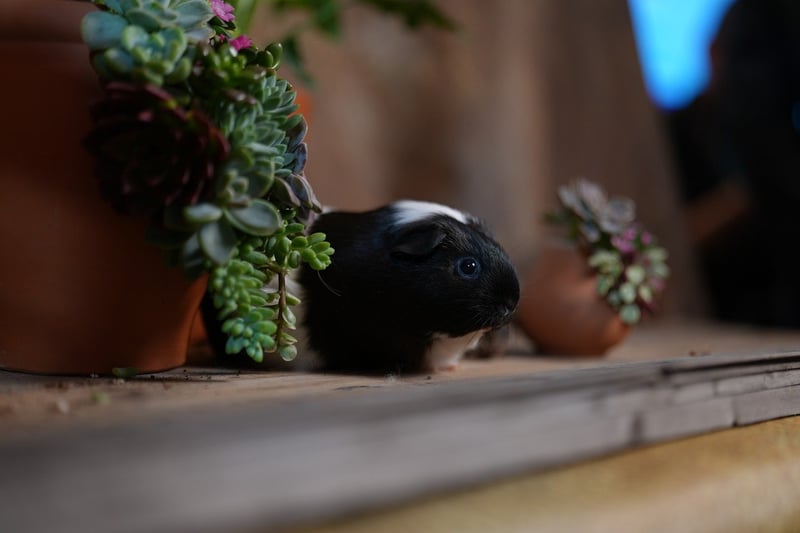Companion Planting
Protecting Your Garden with Companion Planting
Having a thriving garden requires more than just planting seeds and watering them regularly. To maximize your garden's potential and protect your plants from pests, diseases, and weeds, consider incorporating companion planting. This age-old gardening technique involves planting specific species together to benefit one another and promote overall garden health.
Benefits of Companion Planting
Companion planting offers numerous advantages for your garden:
- Natural Pest Control: Some plants repel insects that are harmful to their neighbors, reducing the need for chemical pesticides.
- Improved Soil Health: Certain plants can improve soil structure, fertility, and nutrient availability for neighboring plants.
- Weed Suppression: Companion plants can help suppress weed growth by shading the soil or releasing chemicals that inhibit weed growth.
- Increased Yield: By planting complementary species together, you can boost overall crop yield and quality.
Common Companion Planting Combinations
Here are some popular companion planting combinations that you can try in your garden:
- Tomatoes and Basil: Basil repels pests that commonly affect tomatoes while improving their flavor and growth.
- Marigolds and Vegetables: Marigolds deter nematodes and other harmful insects from attacking nearby vegetables.
- Corn, Beans, and Squash: Known as the Three Sisters, this trio of plants provides mutual benefits for growth and support.
Tips for Successful Companion Planting
For effective companion planting, keep the following tips in mind:
- Research plant compatibility and incompatibility to avoid detrimental pairings.
- Rotate your crops annually to prevent the buildup of pests and diseases in the soil.
- Use a variety of companion plants to create a diverse and balanced ecosystem in your garden.
- Monitor your garden regularly to identify any issues early and take necessary action.
By harnessing the power of companion planting, you can create a harmonious and productive garden that flourishes naturally. Experiment with different plant combinations to find what works best for your specific growing conditions and enjoy the benefits of a sustainable and bountiful harvest.

Find more inspiration and tips on garden care at Gardener's Companion Planting Guide.
